
by Dr. Ed Brenegar | Jun 16, 2020 | Book, Circle of Impact, Community, Impact, Transition
All intentional change must begin with what we know. The line between what we know and what we do not know is a broad one. In that former is information, experience, and knowledge. On the other side of that dividing line is conjecture, opinion and the spectacle of the real*. Social media straddles those two ways of understanding. It presents the perspectives that suggests that because we have read a blog post or watched a video that we now have some definitive knowledge about something. Coming to know what you know is not a passive experience of absorbing other people’s knowledge or opinion. Instead, it is an active search for understanding on many levels. I want to show you the practice that I use to understand the world that surrounds me. In doing this, I hope to show you the difference between genuine knowledge and mere opinion. Why does this matter? When you know what you need to know, you are less susceptible to being manipulated by people who use ideologies as a wedge to divide people and communities.
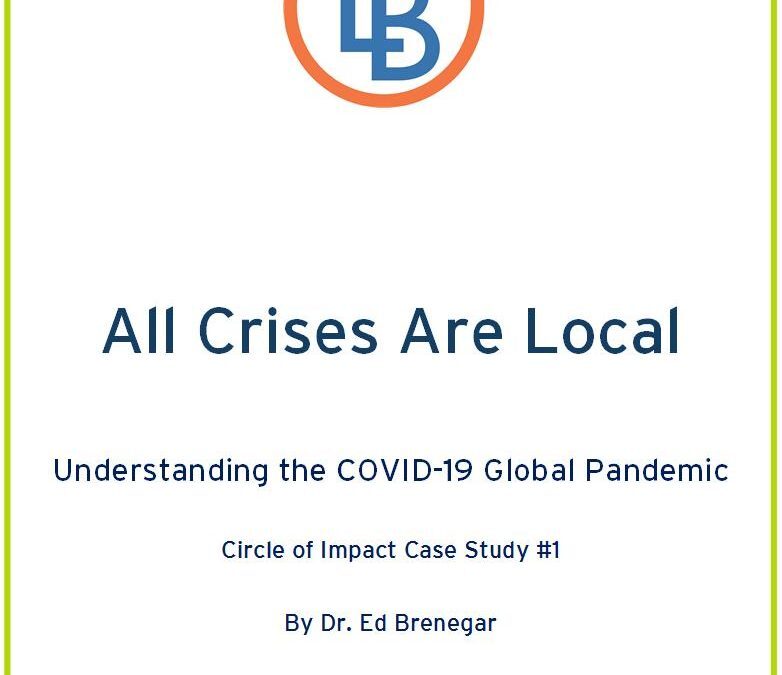
by Dr. Ed Brenegar | May 9, 2020 | Book, Circle of Impact
On Monday, May 11, I will launch the first of a collection of books in a series entitled, Global Change / Local Impact. The series looks at this time of transition that we are in to foster understanding of what is happening, and insight into how to counter fear and passivity by taking initiative to care for your local communities.
https://youtu.be/s46dQRyr9Jk
To receive the first book, All Crises Are Local: Understanding the COVID-19 Global Pandemic, for free, sign up for my Circle of Initiators newsletter by Monday, May 11.
All other books in the series will be available as Kindle downloads for a nominal charge.
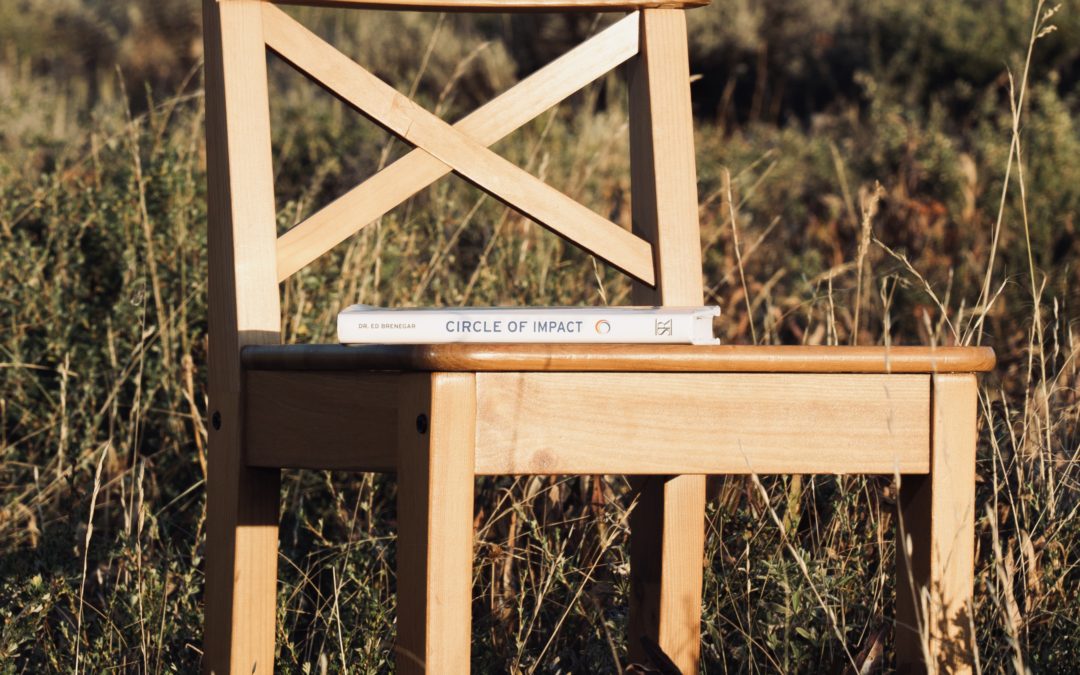
by Dr. Ed Brenegar | May 7, 2020 | Book, Circle of Impact, Uncategorized
It is important to know what you have to offer, as I wrote about previously. However, that is not everything you need to know. At best, it is 30-40% of what you need to know.
Too many times I’ve met with someone who is trying to sell me their services, and all they tell me is what they are selling. The only offer is for me to give them my money.
Every day people connect with me online to sell me services. They is no indication of the impact that they aim to create for me. In one of those conversations, I asked one guy how he would market to people and businesses in transition. He was honest. He had no idea. He said that his firms markets to the titles in an organization.
To fully understand what you have to offer, you need to be aware of three areas that are important.
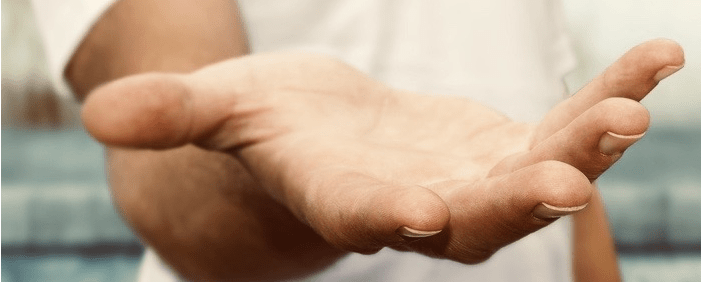
by Dr. Ed Brenegar | May 5, 2020 | Book, Circle of Impact
We need to understand, “What do I have to offer to the world?”
Say that to yourself.
What do I have to offer the world?
Say it out loud if you want, emphasizing the “doing” of the offer.
What do I have to offer the world?
Write the sentence down. Look at it again.
Open up your hands palms up. Extend them out in front of you as if you are giving something to someone. In your hands is what you have to offer. It is the gift that you give to people, organizations, and places that makes a difference that matters.
Now imagine that every day you climb out of bed to offer the world all the unrealized potential that rests in your hands right now.
We are now beginning to see that our unrealized potential is not some abstract value, but something real that we have to offer. Something tangible that can make a real difference in the world. We are recognizing that we have within ourselves is a capacity for making a difference that maybe we’ve never thought about before.
In your hands is the power to bring change that creates goodness wherever you are, even at work, even in the midst of a global pandemic.
To learn what we have to offer is a process of self-discovery. We realize all we have been storing away, out of sight, out of mind, down deep in inside all these years. It is all we’ve learned, gained, and developed in the way of knowledge and experience throughout our lifetime.
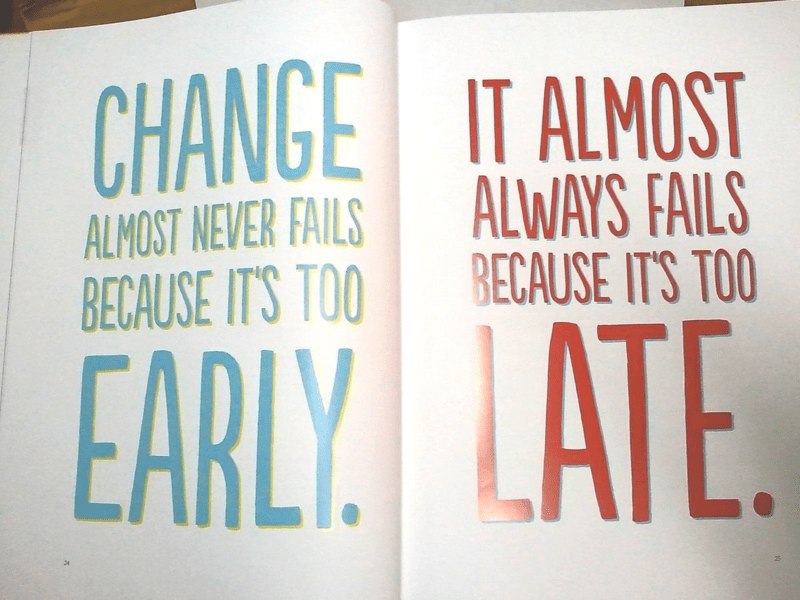
by Dr. Ed Brenegar | Apr 29, 2020 | Book, Centralized Institutions, Circle of Impact, Community, Impact, The Pressing Issues
Four Responses to Change
There is a continuum of response to change. There are four responses along a spectrum with the extremes being destructive responses to change, and the middle two being more constructive. Let us call the destructive responses Change-Phobic and Change-Junkie and the constructive responses Change-receptive and Change-initiator.
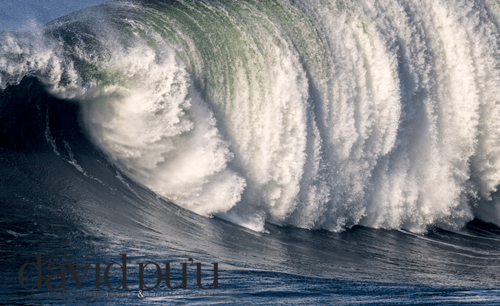
by Dr. Ed Brenegar | Apr 27, 2020 | Book, Circle of Impact, Ideas, Transition
“It is vitally important that we understand what change is. It is the living, dynamic context of our lives. Every thought, every emotion, every action, every response in a particular moment operates within a change context. Every movement, shift in perspective, or initiative taken happens within the context of change. …
I call it the speed of change.







